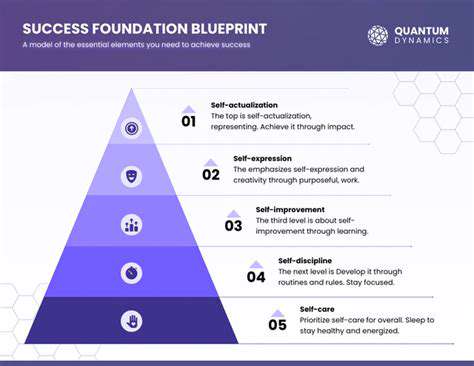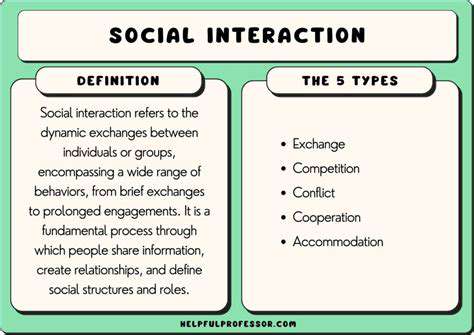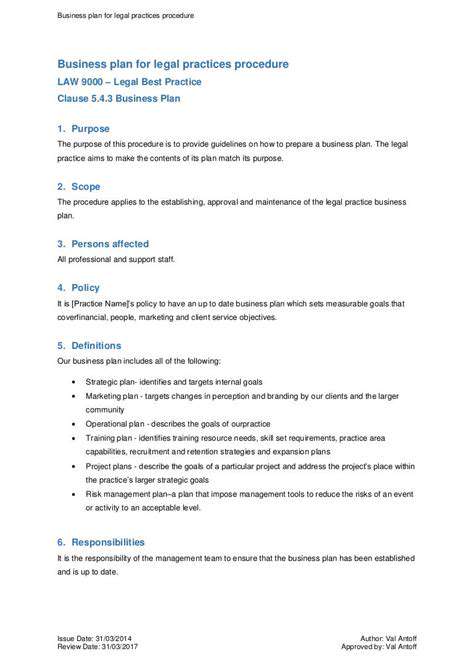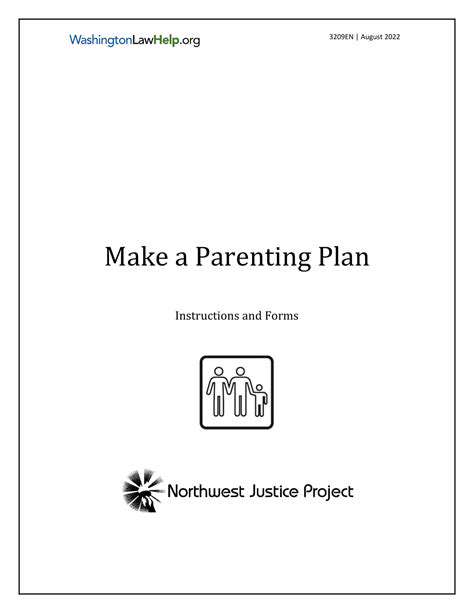strategies for joint custody success
Creating a Collaborative Parenting Plan
Defining Clear Roles and Responsibilities
A successful collaborative parenting plan hinges on clearly defined roles and responsibilities for each parent. This involves outlining specific duties related to childcare, school activities, extracurricular commitments, and medical decisions. Clearly documenting these responsibilities in writing, with specific times and locations, minimizes ambiguity and potential conflicts. This detailed approach fosters a shared understanding of each parent's contribution and ensures a consistent experience for the child.
It is crucial to establish a consistent communication protocol for addressing these responsibilities. This might include designated communication channels (e.g., a shared email account, a specific messaging app) and agreed-upon response times. By establishing clear procedures, parents can avoid misunderstandings and maintain a smooth, cooperative dynamic.
Establishing a Schedule for Joint Custody
Crafting a comprehensive schedule is fundamental to a successful collaborative parenting plan. This schedule should include specific details regarding pick-up and drop-off times, holidays, vacations, and special events. A well-structured schedule will minimize disruptions to the child's routine and promote a sense of predictability and stability. Detailed planning for transition periods between households is crucial to minimize stress for the child.
The schedule should be flexible enough to accommodate unexpected circumstances, but it should also prioritize consistency to provide the child with a predictable environment. Regularly reviewing and adjusting the schedule as needed is essential to ensure it remains functional and suitable for the evolving needs of the child and the parents.
Open and Honest Communication
Open and honest communication is paramount to collaborative parenting. This includes actively listening to each other's concerns, respecting differing viewpoints, and finding common ground. Regular meetings, phone calls, or video chats can facilitate clear communication and problem-solving. Creating a safe space for constructive dialogue is crucial for resolving conflicts and maintaining a positive relationship.
Developing effective communication strategies, such as using I statements to express feelings without blame, can help foster a more productive dialogue between parents. Regular check-ins and a commitment to respectful communication will significantly enhance the overall effectiveness of the collaborative parenting plan.
Addressing Conflict Resolution Strategies
Disagreements are inevitable in any co-parenting arrangement. A collaborative parenting plan should include strategies for resolving conflicts constructively. This might involve establishing a neutral mediator, agreeing to a specific timeframe for addressing disagreements, or utilizing alternative dispute resolution techniques. Implementing these strategies helps to manage disagreements calmly and efficiently, preventing escalation and ensuring a positive outcome for the child.
Defining clear procedures for handling disagreements, such as a step-by-step approach for escalating concerns, will prove invaluable in maintaining a positive co-parenting dynamic. The emphasis should always remain on finding solutions that prioritize the child's well-being and the parents' ability to work together.
Financial Considerations and Budgeting
Financial responsibilities are an integral part of co-parenting. The plan should outline how expenses related to childcare, education, extracurricular activities, and healthcare will be shared. A detailed budget, outlining each parent's financial contribution, will provide transparency and prevent misunderstandings. Regularly reviewing and updating the budget is crucial to accommodate changes in circumstances.
Ensuring a clear understanding of each parent's financial responsibilities is crucial. This can involve creating a detailed spreadsheet or utilizing budgeting apps to track expenses and maintain accurate records. This transparency will ensure fairness and avoid potential conflicts over financial matters.


Read more about strategies for joint custody success
Hot Recommendations
- divorce asset division legal checklist
- how to overcome breakup shock step by step
- divorce self growth strategies for single parents
- how to overcome divorce trauma quickly
- emotional recovery tips for breakup survivors
- divorce breakup coping strategies for adults
- how to find effective divorce counseling online
- divorce custody battle resolution strategies
- how to find affordable breakup counseling services
- best co parenting solutions for divorce cases











